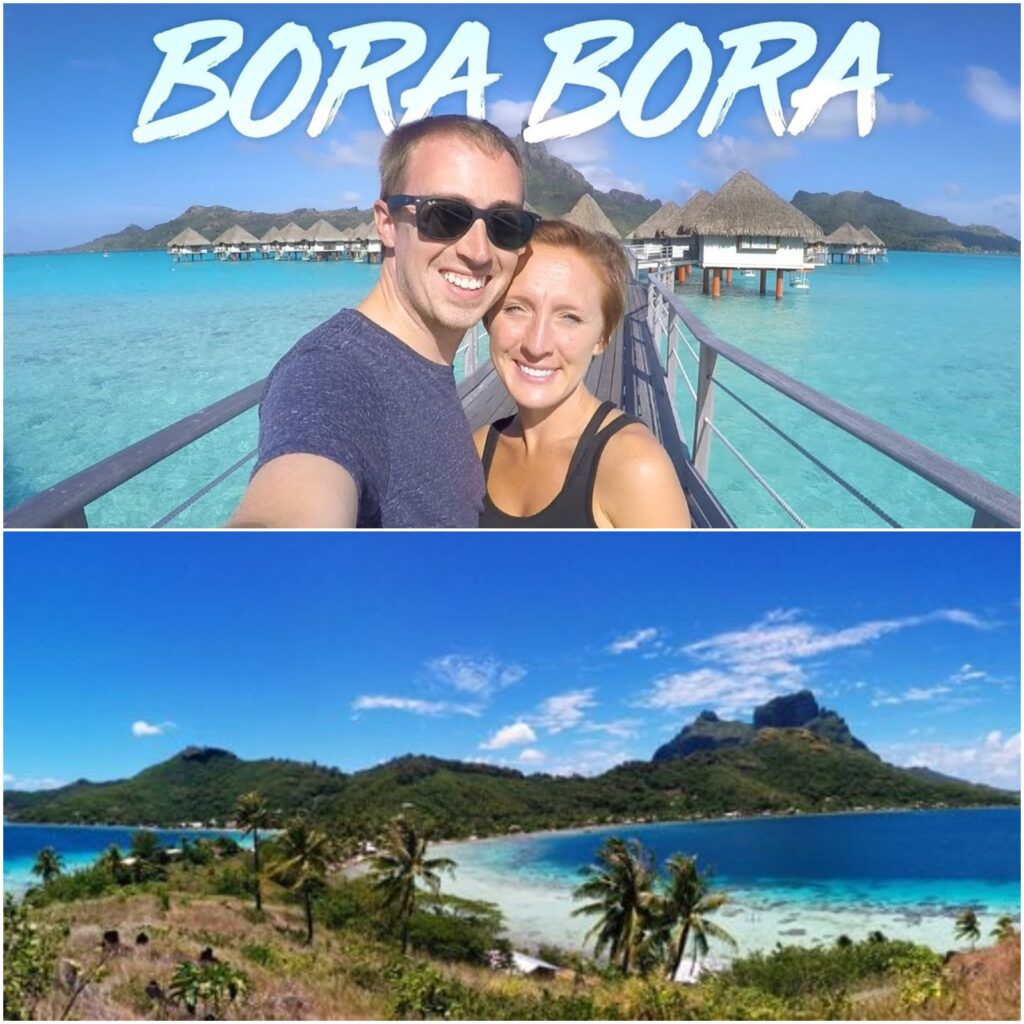Bora Bora, with its crystal-clear waters and serene beaches, feels like a dream come true for many. But can you turn this dreamy vacation spot to live in Bora Bora as a permanent home?
Let’s explore into what it takes to live in Bora Bora forever.

Can I Permanently Live in Bora Bora?
- Bora Bora Residency Policies
French Polynesia, a French overseas territory, includes Bora Bora. This means its residency rules are tied to France’s laws.
Visitors can easily stay for short vacations, but staying longer requires specific visas.
French Polynesia offers long-term visas for work, retirement, or extended visits, but the process involves meeting specific requirements.
Options for Permanent Residency in Bora Bora
Becoming a permanent resident of Bora Bora is not straightforward, but there are options.
- A long-stay visa is one way, allowing you to stay beyond the usual tourist limit.
- If you are married to a citizen of French Polynesia, you can also apply for residency through family reunification laws.
- For those with the means to invest, starting a business or buying property may improve your chances of staying long-term.
- Yet, it is important to understand that owning land in Bora Bora comes with restrictions, as much of the property is reserved for locals.
Cost of Living in Bora Bora
Living permanently in Bora Bora requires a realistic budget.
- Housing costs are high, whether you are renting or buying.
- Monthly rent for a small home can range from $1,500 to $3,000.
- Groceries and utilities are also pricey because most goods are imported from mainland France or neighboring countries.
- Healthcare and transportation are other factors to consider.
- French Polynesia offers decent healthcare, but for anything major, you may need to travel to Tahiti or even France.
- Island transportation, including boats and limited public services, also adds to your expenses.
Read: Healthcare Professionals – Work Visa Requirements for Island Jobs
Working or Starting a Business in Bora Bora
- If you plan to work in Bora Bora, you will need a job offer and a work permit before applying for residency.
- Jobs in tourism, hospitality, and construction are the most common.
- For entrepreneurs, starting a business can be an option, but it requires significant investment and local approval.
- Make sure to research the local market and understand the regulations before entering in.
Cultural Considerations and Lifestyle in Bora Bora
Living in Bora Bora is about hold a slower pace of life and a unique culture.
The island blends Polynesian traditions with French influences.
Learning French or Tahitian will help you connect with locals and make life easier.
While the scenery is breathtaking, island life can feel isolated at times.
Access to mainland services is limited, and entertainment options are simple, often revolving around nature and community events.
Challenges to Live in Bora Bora Permanently
- As stunning as Bora Bora is, living there permanently comes with challenges.
- The small size of the island means limited access to certain services and products.
- Import costs make everyday goods expensive.
- Additionally, dealing with French Polynesian bureaucracy for visas and permits can be time-consuming.
- Another challenge is the isolation.
- Living far from family or bustling cities can feel lonely for some.
- It is important to consider whether the benefits of living in paradise outweigh these drawbacks.

Alternatives to Permanent Residency in Bora Bora
If desire to live in Bora Bora feels difficult, consider alternatives.
You can enjoy long vacations with renewable tourist visas or split your time between Bora Bora and other destinations.
Retiring in nearby islands with similar beauty, like Tahiti or Moorea, may also be a more feasible option.
Bottom Line
Bora Bora offers an exciting lifestyle with natural beauty, a close community, and a relaxed way of life.
Yet, thinking to live in Bora Bora permanently requires planning, financial stability, and a willingness to adapt to the unique challenges of island life.
Read: Entrepreneur Visa for Island Nations – How to Start a Business in the Caribbean